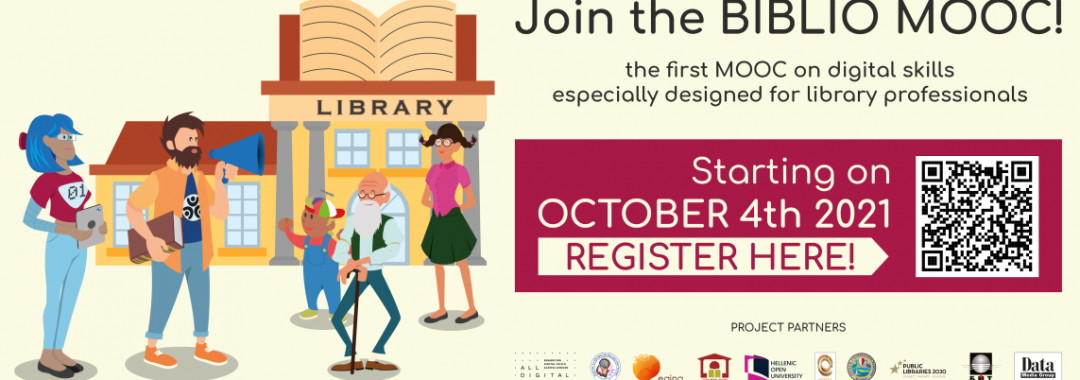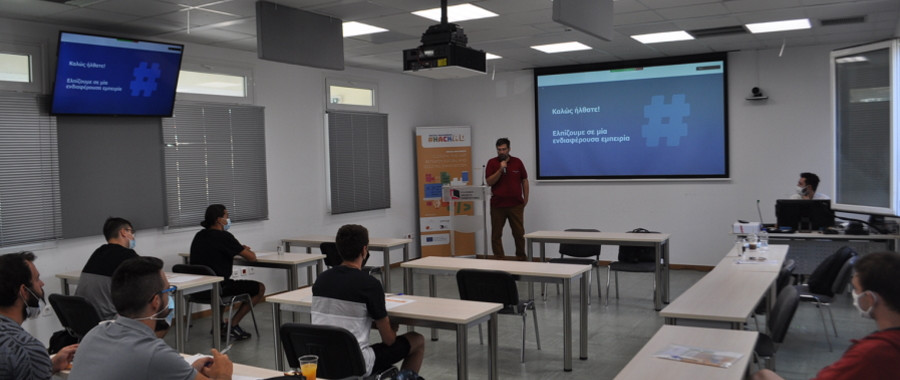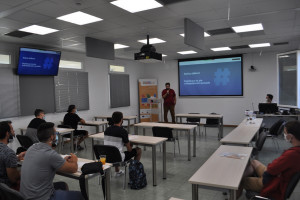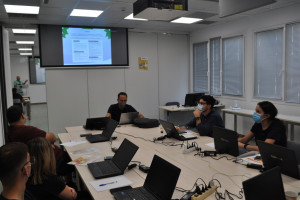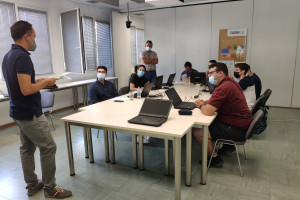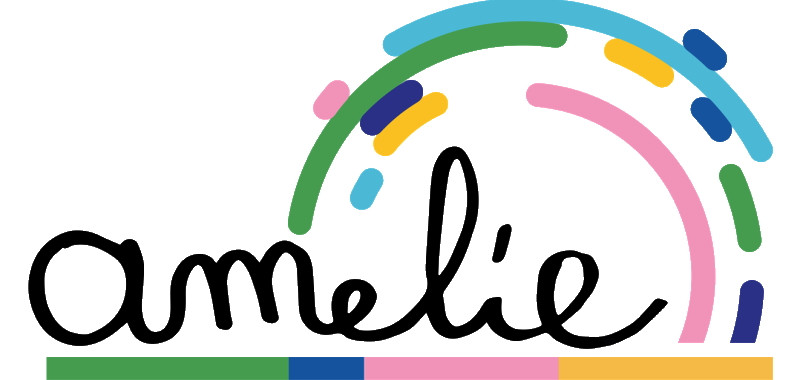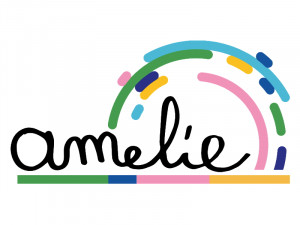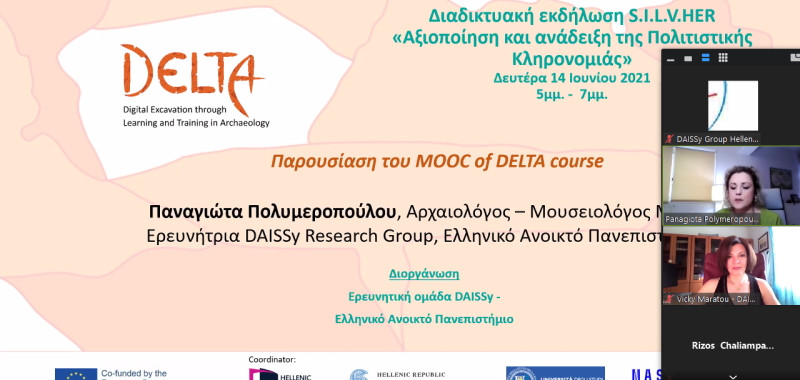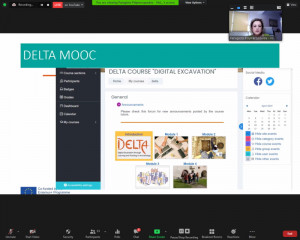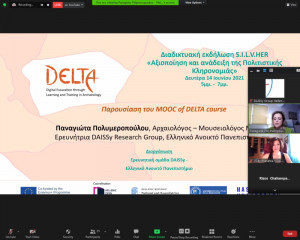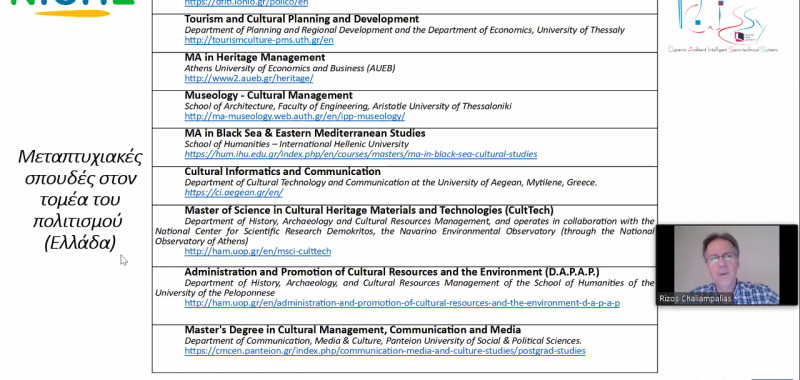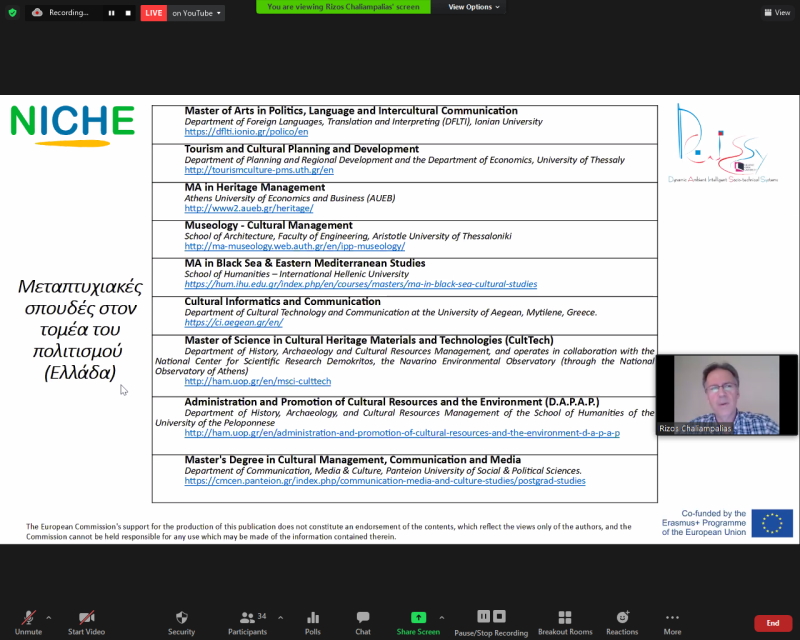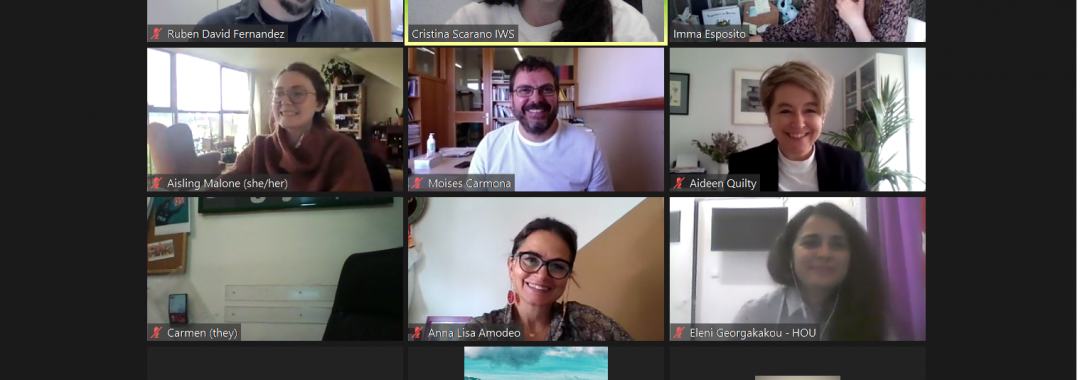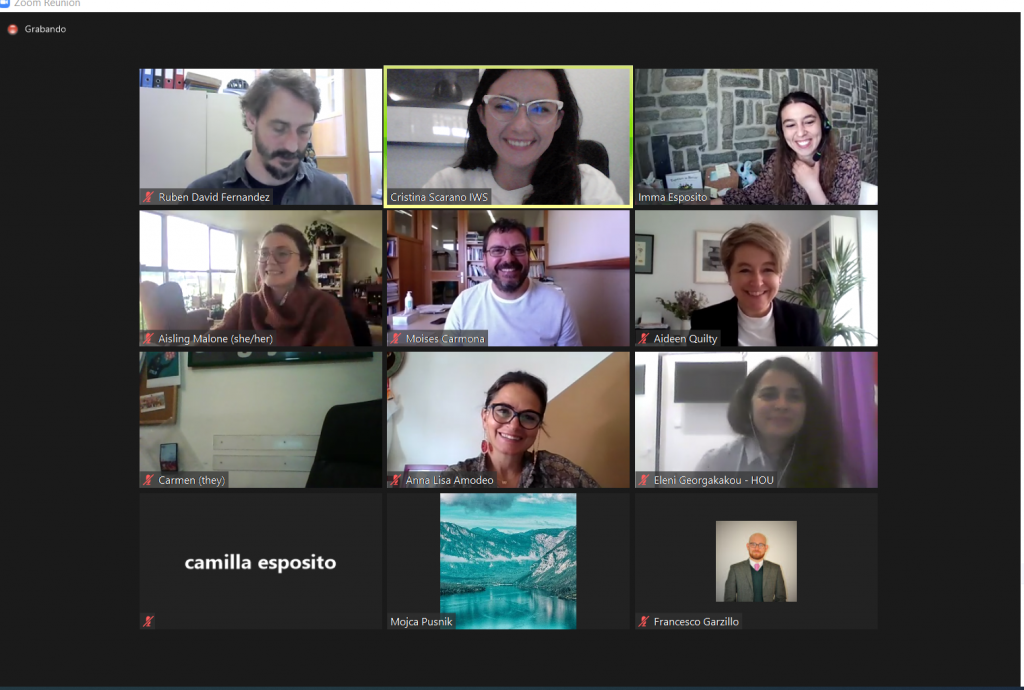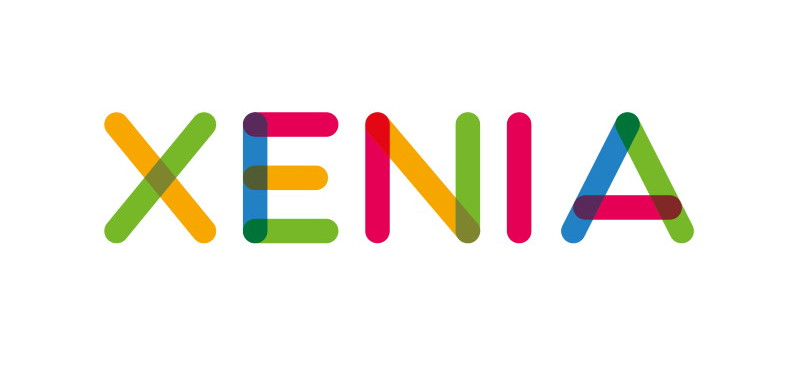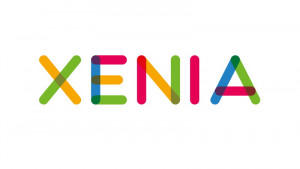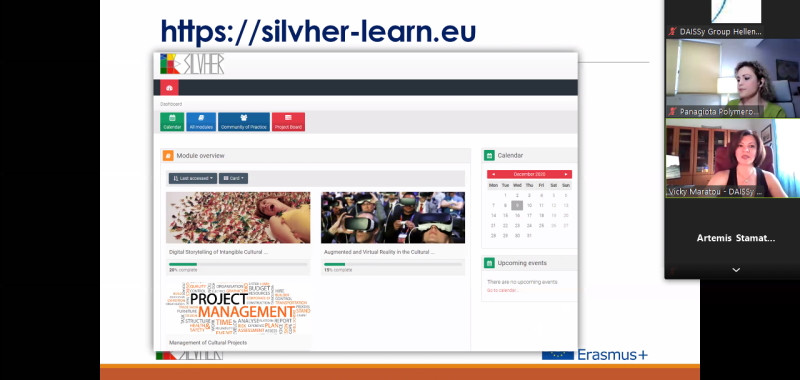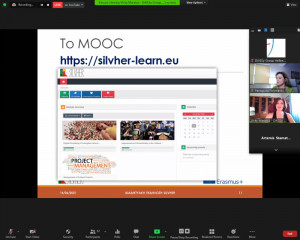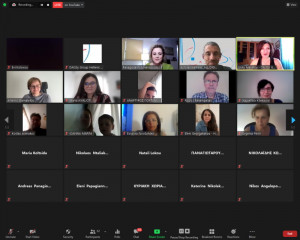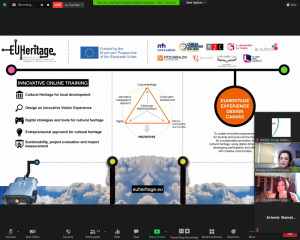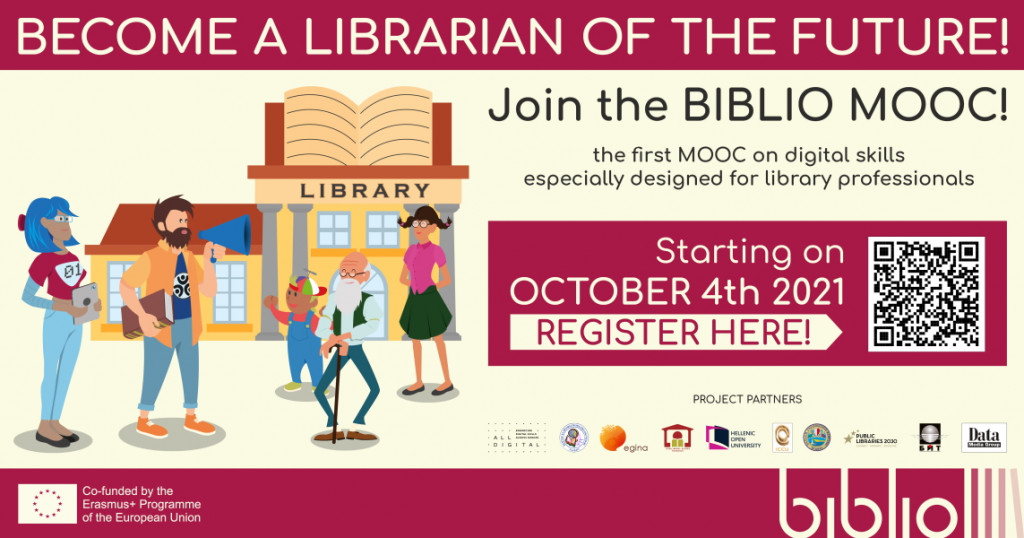
BIBLIO-Boosting Digital skills for Librarians project’s partners are working hard to get everything ready for the start of the BIBLIO MOOC this autumn. The first MOOC on digital skills especially designed for library professionals is on the way, ready to launch on October 4th, with the MOOC platform having been developed by DAISSy!
Why this MOOC?
Today, libraries are not a just a place where people go to read and borrow books. They are community centers, safe places where people go to get advice and help, to access information, to get together with likeminded community members. Libraries offer a multitude of services, including access to digital technologies, computers, and the Internet, digitalized collections and content, virtual reality, coding courses or simply getting help with setting up an email and using e-services. When people have nowhere else to ask for support for these things, they go to their local library. With services evolving and expanding, the profession of the librarian is also changing.
The digital transformation is changing the role of libraries and library professionals, and it’s not always easy to understand and adapt to it. After analysing the library sector, and identifying skills gap, challenges and needs, we are offering librarians the Biblio MOOC. It aims to provide support to library professionals in gaining new skills and developing new innovative services.
What does the MOOC offer?
- state-of-the-art curricula developed by experts under high standards of quality assurance
- 26 modules covering transferrable and digital skills for library professionals
- a flexible weekly workload and schedule of about 10 hours per week that you can complete at your own pace
- personalised support provided by experienced lecturers
- opportunity to meet, connect and network with peers from all over the world
- certification in accordance with the European and national qualification frameworks
- opportunity for participants who will successfully complete the MOOC to enlist in a specialised training programme and certify as Community engagement and communication officer or Digital transformation facilitator.
What are the conditions to join the MOOC?
The MOOC will be offered free of charge to anyone who is interested in joining the course. Experience in the library sector is a plus, but not mandatory. The registration form is now open. The course will start on 04thOctober and will last 8 weeks. Participants should be able to commit to about 10 hours of study per week, and should have at least an intermediate level of English, as all the online lessons and materials will be in English. If you complete the MOOC with a 70% success rate of the online assessment, you will receive the course certificate.
What is the course approach?
Unlike a traditional “course”, a MOOC is delivered on-line. The lectures are videos and reading materials, which are available 24/7. Take the course at your own pace, and interact with other students (and the trainers) through the forum. There are no late night calls, and you don’t have to travel! Each week you will be able to interact with highly experienced experts in 1-hour live webinars, but don’t worry – if you miss them, you will be able to watch them afterwards.
Each week, up to three lessons will be released. Each lesson contains the video materials to watch, homework for you to work on, and a quiz to assess your learning.
Watch this video to learn about the BIBLIO MOOC in a nutshell:
Sign up now and stay tuned for more updates via the project website, Facebook or Twitter.
Original post via: All Digital, at: https://all-digital.org/coming-soon-the-biblio-mooc-starts-in-one-month/.

